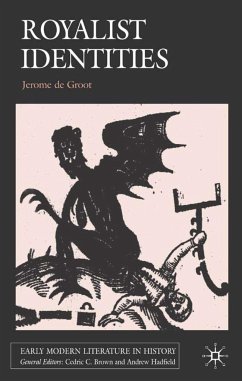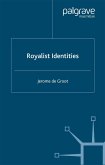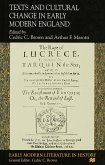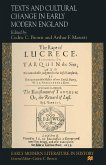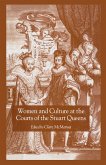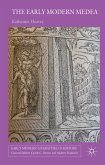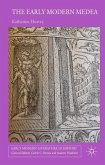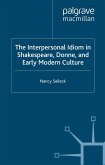Royalist Identities shifts the emphasis from the question 'What is Royalism?' to 'What did Royalism want to be?' The texts analyzed show how Royalism was concerned with the construction of a set of binary roles and behavioural models designed to perpetuate a certain paradigm of social stability. de Groot deploys theories of identity to analyze the literature and culture of this important period- including the works of Milton, Marvell, Herrick and Cowley, amongst others - and in particular to discuss the formation and construction of an ideologically inflected cultural and social identity.
'Jerome de Groot's subject, an important and neglected one, is the Royalists' search, after the outbreak of civil war, for discursive modes and strategies that might structure a new identity and garner support for their party...Royalist Identities opens a fresh critical approach to the pamphlet wars that historians yet need to pursue.' - Times Literary Supplement
'Royalist Identities is to be welcomed for its redress of a historiographical balance that has favoured the Roundheads and for its address to the tropes and textual strategies of the pamphlet exchange through years of shifting circumstances...[it] opens a fresh critical approach to the pamphlet wars that historians yet need to pursue.' - Kevin Sharpe, Times Higher Education Supplement
'Royalist Identities is to be welcomed for its redress of a historiographical balance that has favoured the Roundheads and for its address to the tropes and textual strategies of the pamphlet exchange through years of shifting circumstances...[it] opens a fresh critical approach to the pamphlet wars that historians yet need to pursue.' - Kevin Sharpe, Times Higher Education Supplement

